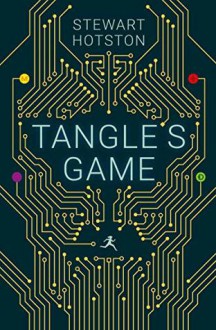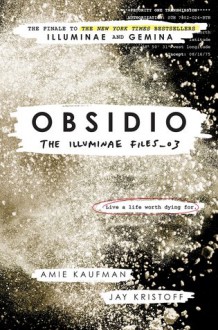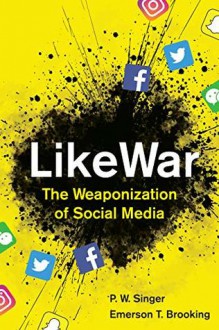
[I received a copy through NetGalley, in exchange for an honest review.]
I’ve been mulling over this review for a while now, and have to conclude that I’m still pretty much on the fence about this collection of essays and articles.
On the one hand, it makes no doubt that the author is a smart and clever person, with such an insatiable curiosity for a lot of things, and this for his whole life, that in itself, his writing is lifting and passion-inducing. I was absolutely fascinated, with the first essay, where he chronicles his participation to the “Arrival” movie (he was asked to come up with plausible science to use during certain scenes), partly because I liked this movie, and partly because I love physics even though I don’t have an actual scientific background.
On the other hand, there didn’t seem to be any thread truly linking these articles, and I felt more like I was grabbing posts at random from a blog, some of which (like the one above) were really exciting, and some others I had no interest about. (I’ll be very honest and say that I couldn’t care less about his filing system, for instance, or statistics about his e-mail activity habits...) Because of the originally standalone nature of these “chapters”, there was also a lot of repetition and overlap, such as the many mentions to Mathematica and Wolfram|Alpha. Again, on a blog with updates at different times, it’s OK, but as a book, it didn’t work so well. The whole, in the end, felt more “promotional”, where I had expected (and wanted) something that would appeal more to the computer/science geek in me.
Conclusion: 2.5 stars. Had more of the “chapters” been on the level of the first one, I would definitely have liked this collection much more.

 Log in with Facebook
Log in with Facebook 









